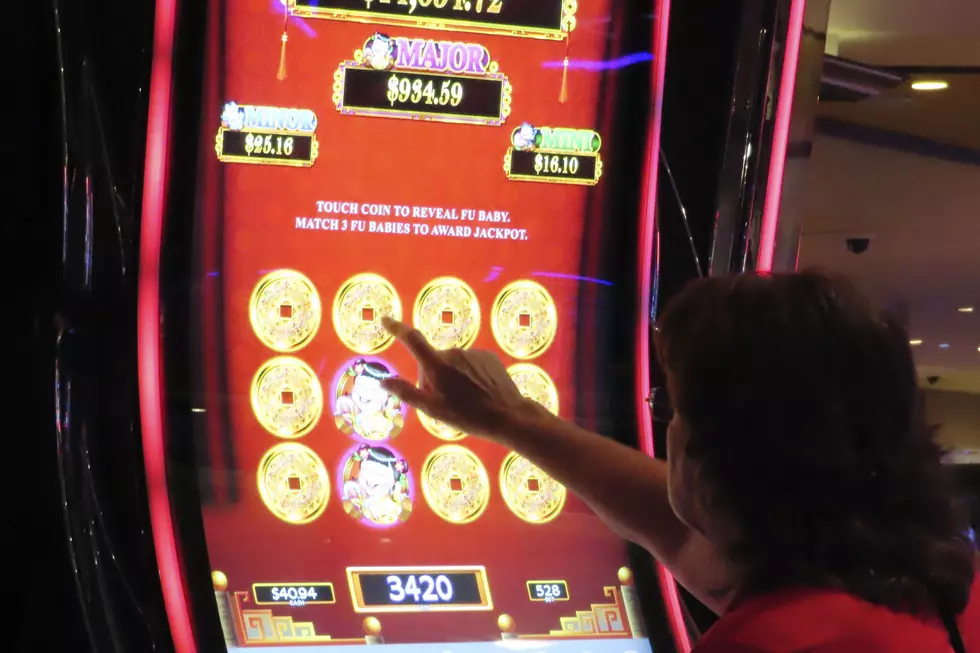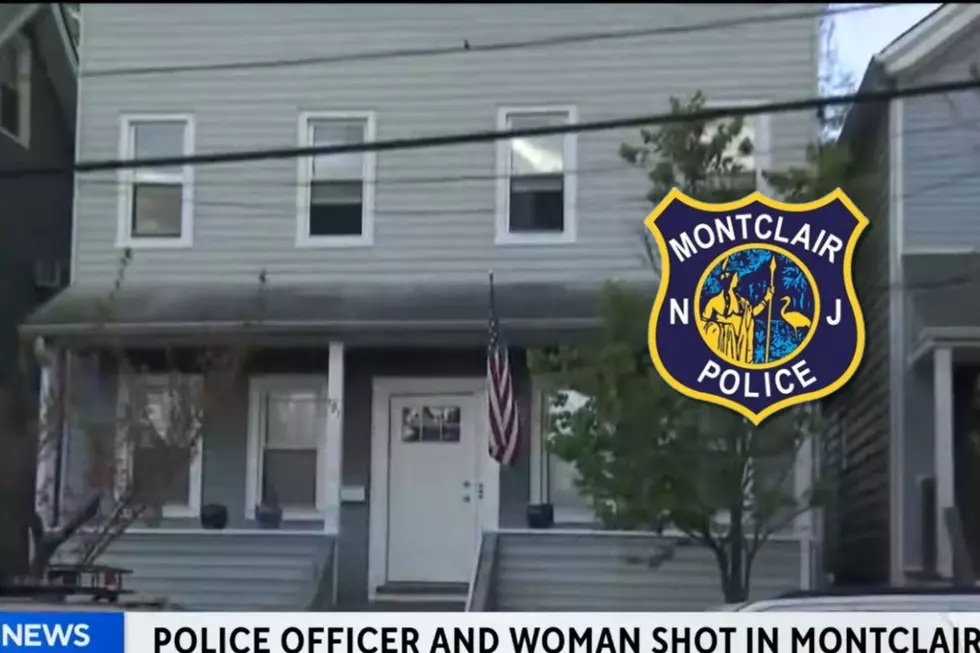
Make sure your dorm, off-campus apartment is fire safe
As students prepare for another college year, an expert advises families to make sure their student's dorm or off-campus housing is fire safe.
David Kurasz, of the New Jersey Fire Sprinkler Advisory Board, says on-campus housing in New Jersey is legally required to have sprinklers installed.
"We are definitely well ahead of the country when it comes to that," he said.
"Unfortunately, in New Jersey it took a tragedy to get to where we are today.
A fatal dorm fire at Seton Hall in January 2000 took the lives of three students and injured many more, prompting the sprinkler law in place today.
But Kurasz cautions that off-campus housing may not be equipped with sprinklers, which something to check for.
"It is the off-campus housing that a lot of the times you find many of the issues," he said.
"As you walk in, look for the working smoke alarms and make sure that they are working. Check with the RA, check with somebody in the facilities maintenance department to make sure that they are in good shape. You should have smoke detectors either in the bedroom or the hallway right outside," he said.
"Get yourself familiar with the fire exits, make sure where they are."
And Kurasz said make sure the dorm or housing has working fire extinguishers on every floor.
Kurasz makes the point that one of the big misconceptions of fire sprinkler systems is that once one sprinkler head goes off, the entire system on the entire floor is going to go off — what he calls a myth.
Each individual head needs 165 degrees of heat, and they are all individually activated.
"You hear a lot of stories of the entire floor went off, and three or four floors go off, and that is very, very rarely, if ever, the truth," he said.
NJFSAB will host a burn demonstration August 17 to show students at Drew University how quickly and effectively sprinklers work.
Also on New Jersey 101.5:
Joe Cutter is the afternoon news anchor on New Jersey 101.5
More From New Jersey 101.5 FM









